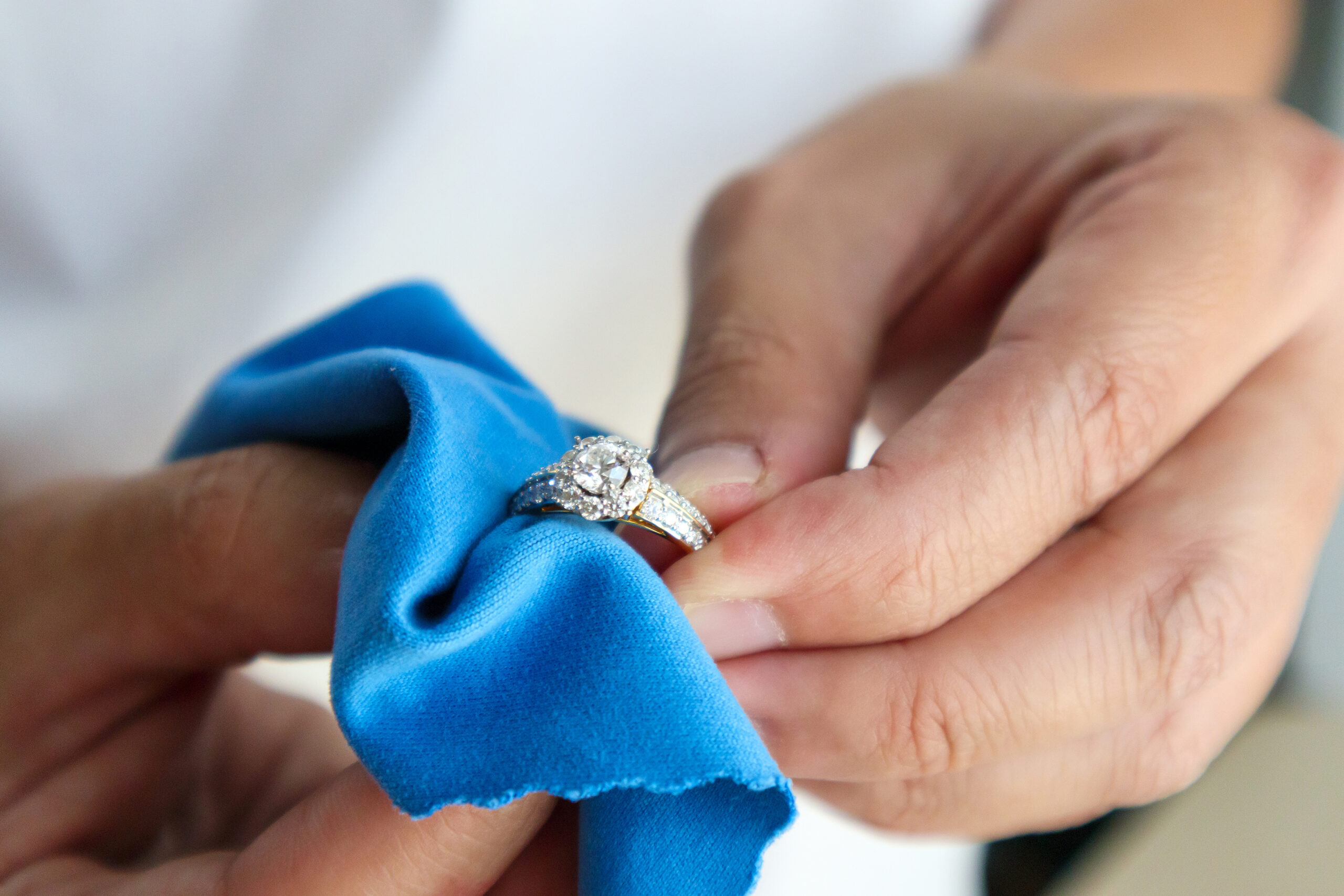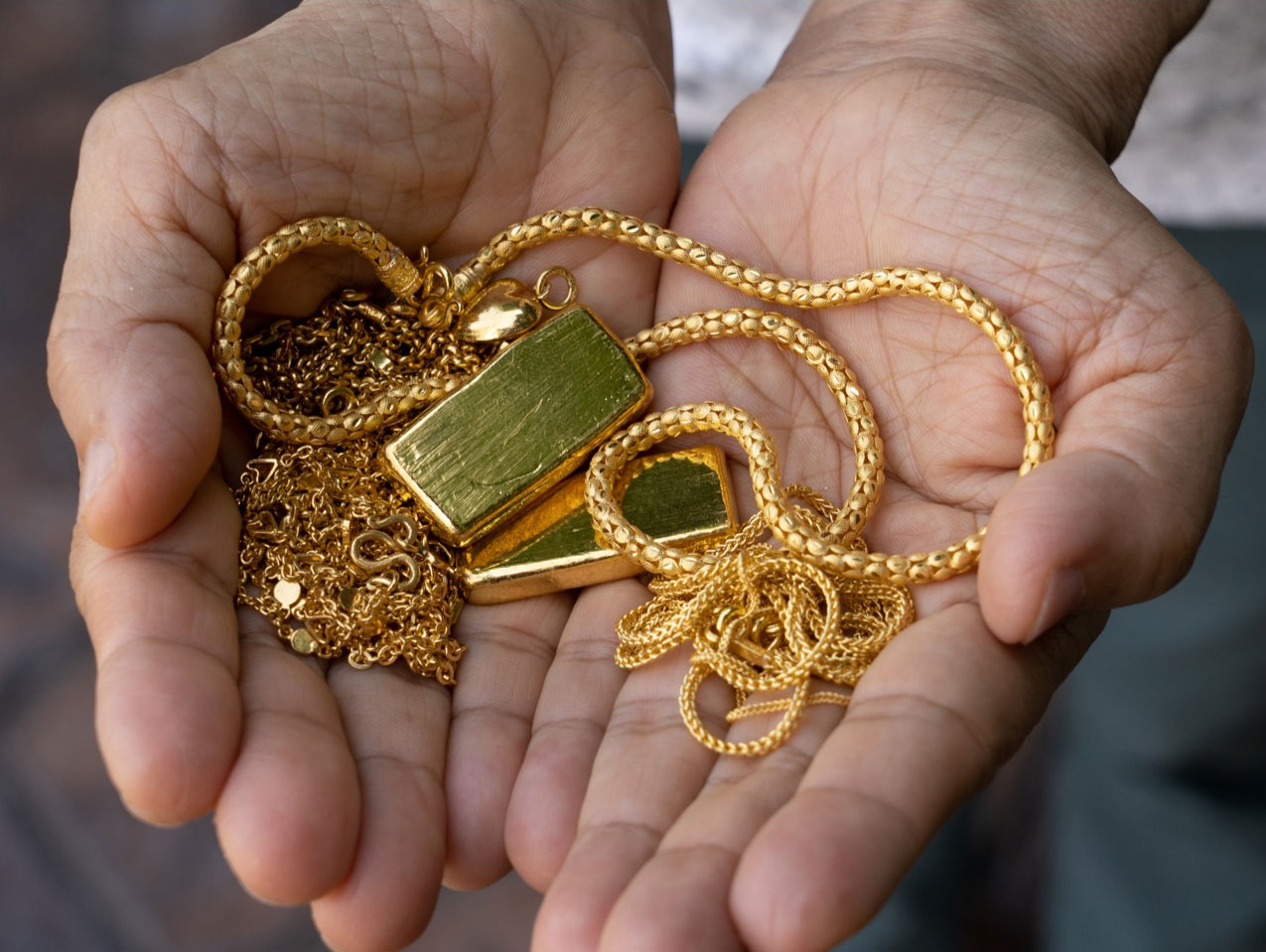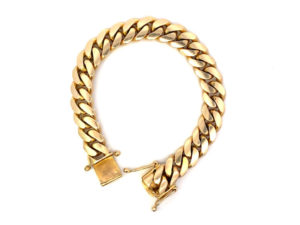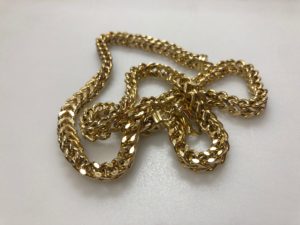Sell Gold,
Silver & Diamonds
Request free shipping and get cash for gold within 24 hours! A private transaction that’s safe, risk-free and easy.

We make selling gold, silver and diamonds simple.
Step 1

Submit Your Info
Enter your shipping details to receive a free appraisal kit. This will ensure you get an offer quickly.
Step 2

Get a GIA Certified Offer
Within 24 hours our GIA certified experts will appraise your valuables using the latest technology and send you an offer.
Step 3

Get Paid
Choose from instant payment options: direct deposit, PayPal, virtual credit card, print-at-home check, or check via USPS or FedEx.

Get More Than Our Competitors
We guarantee we’ll beat any competitor’s offer or we’ll return your valuables at no cost.
- Accurate appraisal.
- 100% insured.
- Highest offer. Guaranteed.
The Most Trusted Brand
Cash for Gold USA is the most trusted brand to sell your gold, silver and diamonds to.



You have excellent customer service! I was EXTREMELY nervous about this entire process; but now, I would not only recommend selling jewelry through the mail, but HIGHLY recommend your company! Thanks again for such fast and professional service!
Impressive! Professional! Contactless!! The Amazon Prime of the industry!
Better than expected. I had no issues and received more than I expected to receive. Great process.
Top Consumer Reviews voted us #1
We Guarantee Satisfaction
Our goal is to provide an offer that represents the true value of the diamond, gold, and silver you wish to sell. However, we understand that sometimes it’s simply not a good fit. Our guarantee is that if you are not satisfied with our offer for any reason, simply decline the offer and your items will be returned to you free of charge. No questions asked.
What We Buy
Sell Your Gold
- Gold coins
- Gold rings
- Gold wedding bands
- Gold necklaces
- Gold earrings
- Gold bracelets
- Gold anklets
- Gold watches
- and more
Sell Your Silver
- Silver coins
- Silver rings
- Silver necklaces
- Silver earrings
- Silver bracelets
- Silver anklets
- Silver chains
- Silver charms
- and more
Sell Your Diamonds
- Diamond engagement rings
- Diamond anniversary bands
- Diamond necklaces
- Diamond pendants
- Diamond tennis bracelets
- Diamond earrings
- Diamond brooches
- and more
$150 Million+ Bought & Sold
Latest Payouts
Risk-Free. Fully Insured.


Get 10% Extra
Get a GIA certified appraisal now and receive an extra 10% bonus on your quote. No risk, no commitment.









